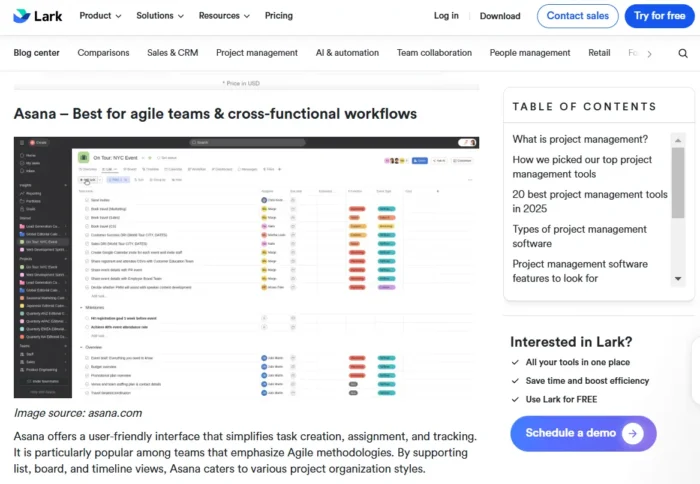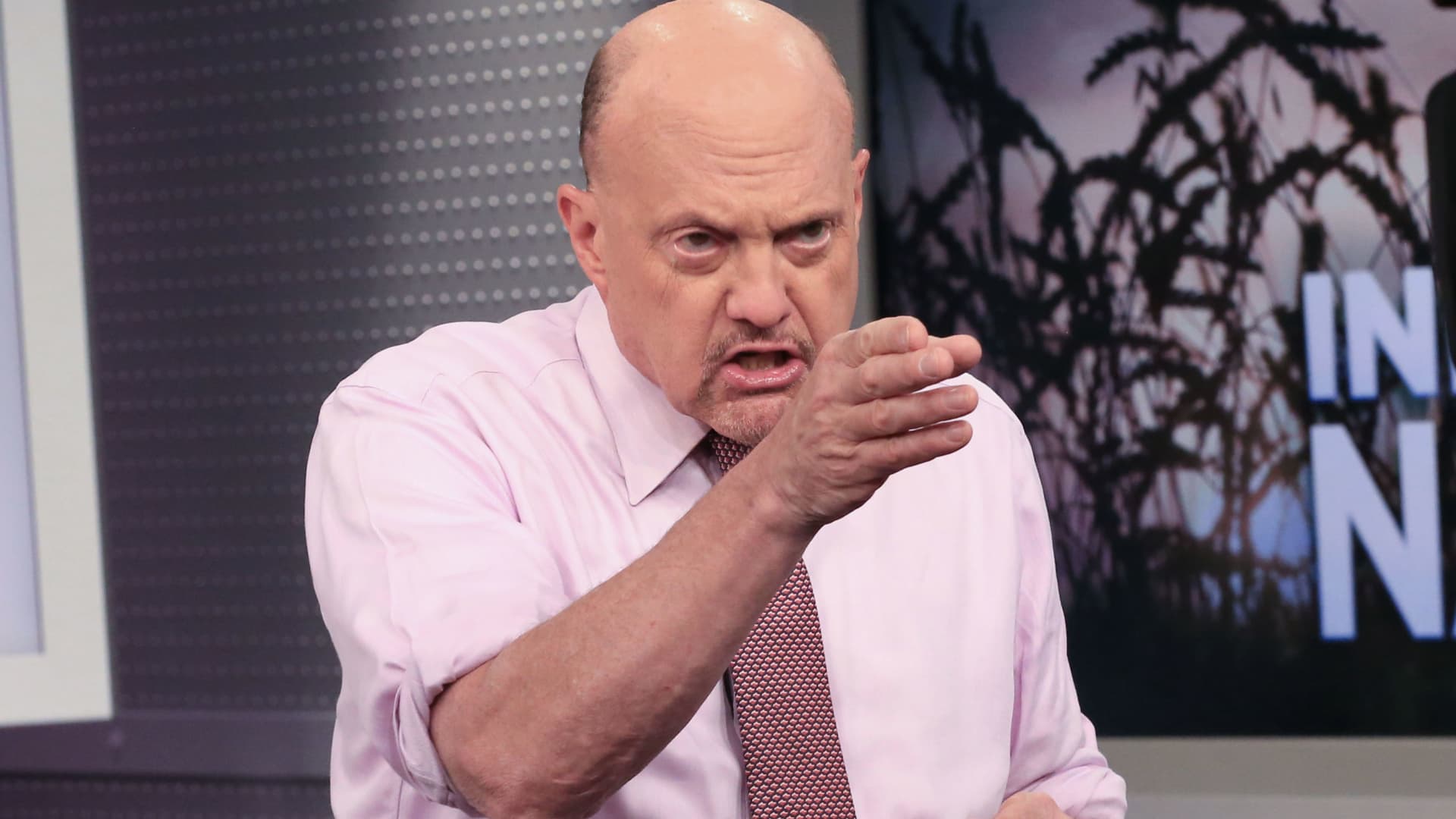Behind Lexus’ multicultural marketing approach, including its Black Panther partnership
Senior Manager of Advertising and Media Mia Phillips on the brand’s work with Marvel and how it approaches inclusive marketing.

A second campaign, called “Never Lose Your Edge,” markets the 2023 Lexus RX. Focusing on the idea of going against the grain, the campaign includes five spots that each target different demographics including Black, East and South Asian, LGBTQIA+ and Latinx consumers.
The ads are from Lexus’ multicultural agency of record Walton Isaacson, along with IW Group and Saatchi & Saatchi’s Team One.
Below, Phillips describes how Lexus approached the Black Panther sponsorship and shares the brand’s multicultural marketing strategy.
This interview has been edited for space and clarity.
This is Lexus’ second partnership with Marvel on a Black Panther film. Why did the brand decide to come back for the second movie?
We had such great success with the first movie. When you think of Marvel, you think young, diverse, engaged audiences. That is certainly an audience that is important for Lexus. (The movies include) very culturally relevant materials (and we like Marvel’s) commitment to showcasing diverse people doing extraordinary things.
We want to resonate with all of our audiences but we do have an opportunity to become more relevant with those (younger) audiences. Lexus has been around now for over 30 years, and we certainly have a very loyal strong following with folks who have been around for 30 years. But (younger consumers) may think of the brand as their father or their mother’s brand. So it’s important for us to make sure that they understand that we’re not just the vehicle for your father or your mother.
Is there anything that you wanted to do differently with this second Black Panther partnership?
(We wanted to) really tap into those things that are relevant and resonant today that maybe weren't several years ago. That is women in tech and particularly women of color in tech. And I really do think that Marvel started to scratch that surface—more than scratch. They dug underneath the surface with the first Black Panther, and (had) a strong female lead that was highly technologically advanced. I think a lot more young girls of color started to become engaged about opportunities in STEM. It certainly gave them a role model.
Lexus came out with a new campaign last week called “Never Lose Your Edge.” Why did Lexus choose a segmented approach, creating ads that sought to appeal to different demographics?
It's definitely not our first time doing that. I don't know if we announced it differently this time than we have in the past. But if you take a look at our last several campaigns (such as our LX and NX campaigns), all of those campaigns leverage this same methodology. And that is, we know that we want to create an ad that appeals to what we call the “transcultural, affluent audience,” which (means that) the term “general market” doesn’t have the same connotation as it did in the past. The “general market” in the past was thought of as the non-Hispanic white audience only, and now it is inclusive of all audiences. We have, for the past several years, set out to create an ad that's going to run in general market media to appeal to and leverage high-level insights across all audiences.
We're going to create ads that authentically resonate with our multicultural audiences, particularly containing insights for that audience only. (These) may translate across all audiences, but certainly the ads themselves were designed with insights for each one of those audiences. Those ads will run in targeted media. So for the Black audience, for example, that's BET and OWN and TV One. For Hispanic it's Univision and Telemundo. But they will also run in what's considered to be the “general market” as well, because we understand that these ads, even though they're created within insight for multicultural consumer audiences, are often very much appealing to what's considered to be the “general market.”
Why did you decide to use the Wizard of Oz?
We had to turn to something that had universal appeal. Team One actually came to the table and said the Wizard of Oz has universal appeal–this whole idea of taking the road less traveled and not following the yellow brick road. There was something tangible in that for each one of the audiences. Taking the road less traveled in the case of our Asian audiences (could mean that) even though you're rooted in tradition and you get a lot of your drive and your style from your ancestors, you still choose your own path at the end of the day.
Multiple agencies were involved in this effort: IW group, Walton Isaacson, and Team One. How do you decide which agencies work on what?
If we're going to be creating targeted work as well as creating work that is reflective of the broader transcultural affluent audience, we need subject matter experts in those audiences. That becomes very easy. Walton Isaacson is our subject matter expert on three audiences: Black, Hispanic, LGBTQIA+. IW group is our subject matter expert on Asian audiences. and Team One is our subject matter expert on the transcultural affluent audience.
We gave them the task of taking the “Never Lose Your Edge” overarching strategic point of view and nuancing it, so that it comes across the way that it should with each one of the audiences.

 JimMin
JimMin 






























